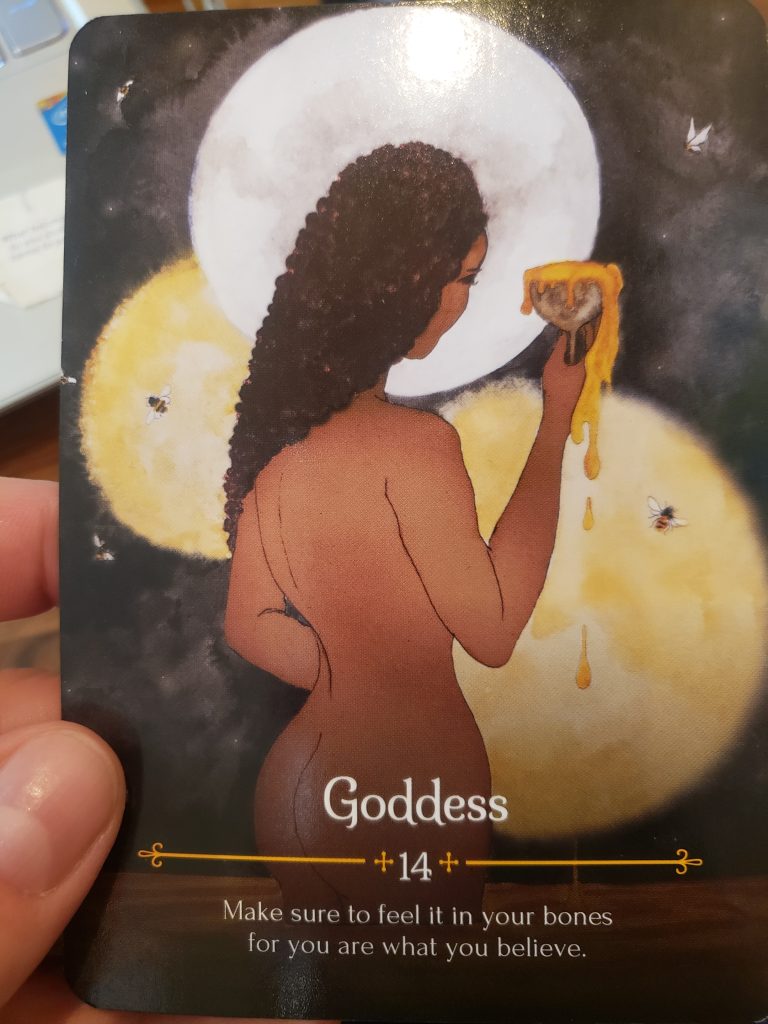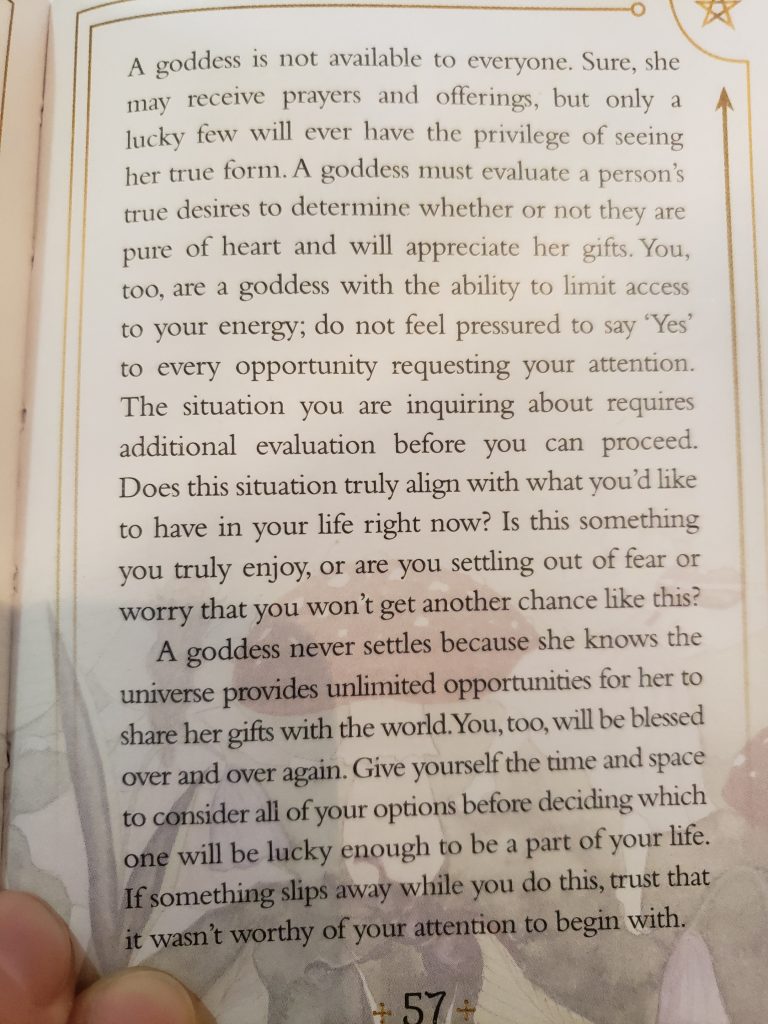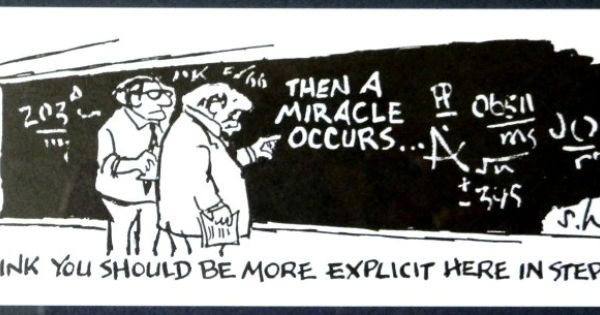For the holidays, I bought myself a couple of oracle[1] decks, Seasons of the Witch, Beltane Oracle, and the Wisdom of Hafiz. They’re quite different and I use them for different questions, but they’re both beautiful and lush and I’m enjoying them quite a lot. So why am I writing about oracle decks on a substack about trauma & teaching? Because I’ve pulled the Goddess card three times this week and that seems notable. This card, especially three times in quick succession, is a call to slow down and closely consider where I am focusing my time and energy.


I don’t work in academia right now, although I work with colleges and adult educators quite a lot, so I haven’t had ‘water cooler’ type book writing conversations. Honestly, I never truly considered that I would actually write a book, and I never spent any time in writing classes or building a wide network of published authors.
I know people who have written books, but I don’t know them well enough to drag them into a conversation that begins with “why does starting to write again after the first book feel impossible?” or “how do I keep moving the work in the book forward, when my thinking is growing in other directions?” or “what am I supposed to do with endless ideas that I can barely remember, let alone nurture?” Mostly, I want to ask “how am I supposed to do all that and build a brand and handle bookkeeping and update my website and find clients and get groceries and take a shower and….?”
You get it. We all get it.
Your details are different, but I am hearing – all the time – how exhausted and sad and angry and afraid so many of us are right now. We are in a pandemic that will likely continue for the foreseeable future, with a virus that appears to have an endless ability to mutate. Our planet is changing rapidly, based on our activity, and those changes are already having devastating impacts. Ideology that we fought wars over have resurrected themselves with fresh and vigorous violence, and AI has arrived in mainstream conversation. Even the most basic recap of the daily news brings fresh waves of anxiety, yet we are terrified to not pay attention because we have witnessed – up close and personal – the consequences of not paying attention.
We are in the midst of a collective and sustained traumatic experience. This is not the first time humanity has gone through a collective crises, but it is the first time we have been connected in the ways we are, and that we have shared, in real time, the effects of so much disaster. We are all bearing witness to some of the worst aspects of ourselves and, occasionally, the best. We don’t know how to do this well, because it is new and learning to navigate new situations is scary and difficult.
We have access to more information, from more sources, than we ever have before but if you are like me, the best I can do is screengrab or bookmark something, hoping I’ll remember it later. (I don’t) I talk with friends and colleagues and it helps, for a minute. I read and listen to people who seem to have found…something that helps them but, again, I usually can’t remember that much. I spend a lot of time starting one thing, then remembering something I needed to do, going to that thing, bouncing to another thing, and ending my day in tears (or a rage), with nothing accomplished.
You get it. We all get it.
Although we don’t have much research on exactly *how* collective trauma impacts our brains, or if it is different than individual trauma, we know that trauma generally disrupts our executive cognitive functions. In the US, we structure our lives around a particular type of cognitive function and having that functioning disrupted is cause for great distress and dis-ease. We lose ourselves, in some regard, we lose our familiar ways of navigating and surviving our days. We don’t train ourselves to be strong, capable, confident, adaptive learners, and those traits aren’t specifically taught or emphasized.
As adults, we don’t think of ourselves as learners. Even in our own minds, we aren’t allowed to be wobbly or frightened or hesitant when we find ourselves in new situations. Our unconscious, unspoken expectation is that (I guess?) a miracle will occur and we will suddenly know how to handle all these new things. When the miracle doesn’t occur, we punish ourselves endlessly for not already knowing and for not being miracle-workers, and for anything else we can think of.

I decided to write this post because it is important that we acknowledge our collective experience, and that we are all struggling through a confusing and often frightening time. We are inundated with ideas and recommendations on how to help ourselves, to rest more, to guard our time, to prioritize. But those warnings can easily become part of the ceaseless clamor, proof that we aren’t already perfect, until we accept that we are just beginning to learn how to be in this iteration of our world. We need to rediscover our learning self, invite it into our lives and hearts as the precious and wondrous gift it is.
The charge of the Goddess card is to exercise this gift, to put into practice what we have learned about needing rest, slowing down, making deliberate choices about where to put our attention. This work – rediscovering ourselves as learners, seeking to pleasure in learning, taking time to rest and replenish, integrating what we learn – all contributes to our collective strength and flexibility during times of rapid and stressful change. As we hear often from the talented and compassionate Joyce Vance (author of Civil Discourse) “we are in this together,” and it has never been more true.
[1] If you aren’t familiar with oracle cards, you can learn more here.